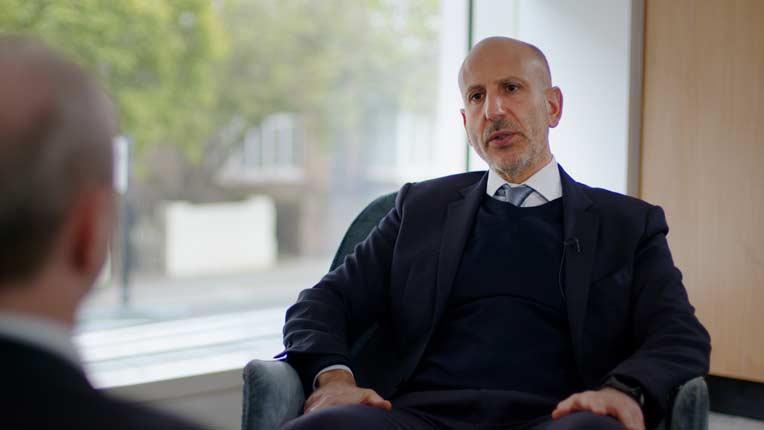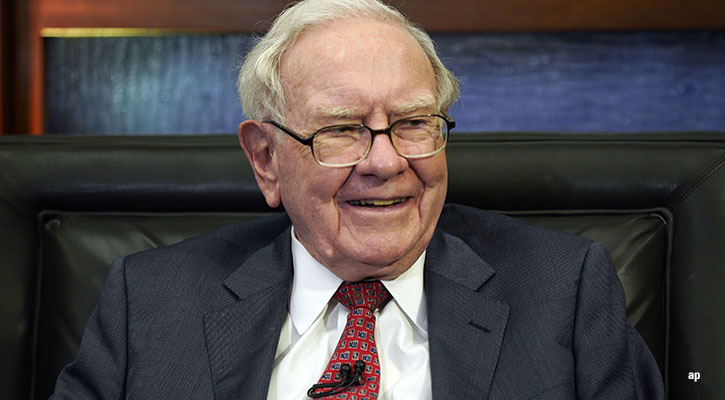For those who want a greater understanding of the banking crisis, a visit to the National Theatre to see David Hare’s excellent play The Power of Yes is recommended. It will reinforce your belief that bankers do not believe that they did anything wrong.
Bankers, like politicians, think that different rules apply to them. While this attitude seems to have got worse in parliament over the past couple of decades, it has always been part of banking culture.
Even when I opened my first account, longer ago than I care to remember, banks did not see why they should open beyond 3.30pm or on Saturday morning (they did not even display their opening hours in the window) nor did they disclose how they calculated their banking charges, which were imposed arbitrarily.
Bankers knew best and they think they still do. But whereas the local bank manager at least knew his (women never reached that rank) local community, the faceless centralised managers seem to have as much idea of the real world as MPs do. And even less idea of the world beyond these shores.
If that rant seems a little over the top, consider the mess that has had to be mopped up. And then consider how reluctant the people who created the mess are to help to pay for it.
It is instructive that John Varley, chief executive at Barclays, was the first of the top bankers in this country to waive his bonus. He could have stood his ground. He was the one who walked away rather than overpay for ABN Amro, thus showing more business acumen than Fred Goodwin who piled in with more bravado than sense. Varley also kept Barclays out of the clutches of government, aided by Barclays president Bob Diamond, whose pain at giving up his bonus this time was no doubt helped by the bumper pot a year ago.
That is not to say that they and Barclays were blameless but they were less culpable than others.
Similarly Stephen Hester at Royal Bank of Scotland could have collected his bonus on the grounds that he was brought in to rescue RBS after Goodwin’s disastrous finale. He, too, bowed to public discontent.
Yet Lloyds chief executive Eric Daniels, the last man standing among the bank wreckers, clung on to his ill deserved pot for as long as he could. Quite how a man who destroyed such value, who was about to announce further massive write-offs as a result of his own misjudgement in buying HBOS, and who is paid £1 million anyway could even contemplate accepting £2.3 million is quite beyond me but then again I have never been offered £2.3 million so how would I know?
The question is this: Does anyone believe that any of these men would have done their job any better or worse without the bonus?
A bonus for the economy
At last we have some genuinely good economic news. Growth in the UK in the last quarter of 2009 has been revised upwards from 0.1% to 0.3%. That may not seem much after 18 months of contraction and there is still a lot of leeway to make up but, as I have remarked in this column before, economic data has had a tendency to disappoint. At least this is a move in the right direction.
Readers will recall that we were expected to move out of recession in the previous quarter and when the first estimate showed a decline of 0.4% many commentators hoped for a sharply better revised figure after more data had been collated. That didn’t happen, with the final outcome hardly any better at minus 0.3%.
This time the figure has at least moved clearly in the right direction and we can at last start to feel that we really have come out of recession. The upward revision is particularly important because the first quarter figures, when they start to feed through in April, will reflect the increase in VAT on January 1st and the disruption caused by prolonged bad weather.
Despite the economic gloom surrounding the recession, soaring government debt and rising inflation, I have remained reasonably confident about the stock market, albeit with nagging misgivings. The wobbles of last week have not translated into freefall this week.
The market is now moving sideways, which is no bad thing after last year’s stellar recovery. For the time being at least, 5,000 points on the FTSE 100 looks secure.























